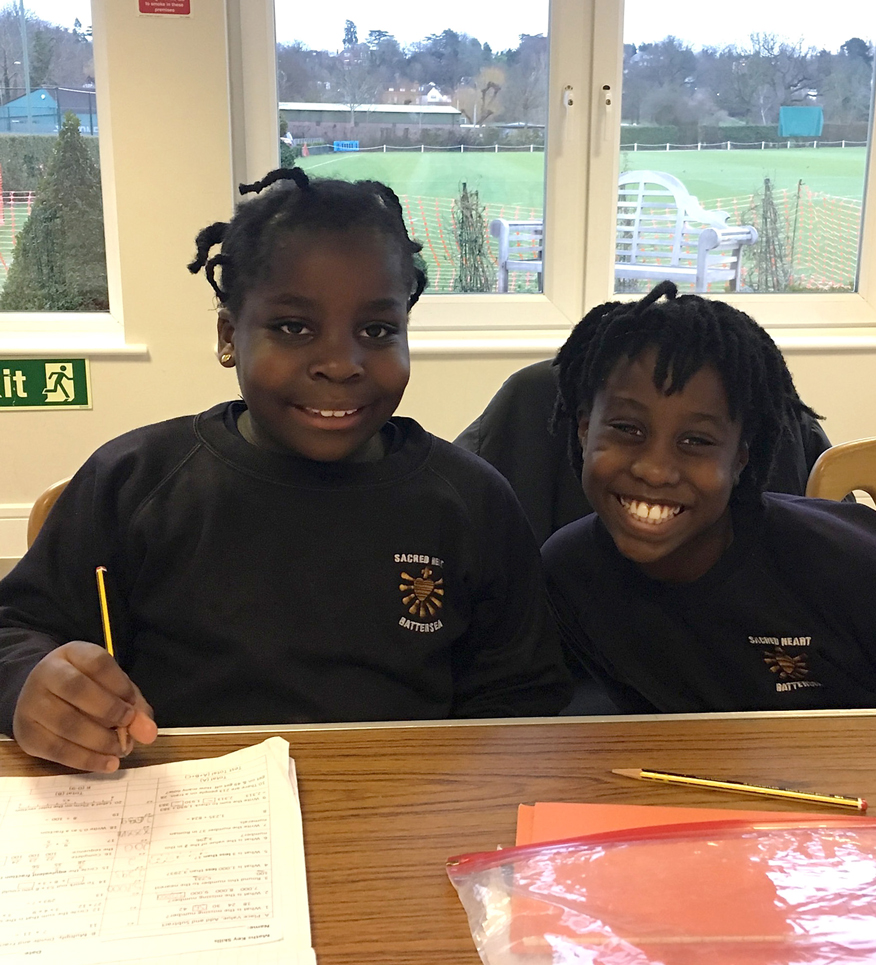“While the current system works for many children, it doesn’t work for everyone. Some don’t have the same opportunities to be active, so they deserve extra support. This is particularly true for girls, those from less affluent families and youngsters from Black and Asian backgrounds. Current inequalities in sport and activity unfortunately start from a young age and they need to be addressed.” – SPORT ENGLAND
The Chief Medical Officer in England recommends that children do at least 60 minutes of moderately intensive activity, every day. This is defined as when a child breathes faster and feels warmer but even this mild exertion does not happen for nearly 4 out of 5 of the 7 million 5 to 15 year olds in England.
Children who are more active are happier, more resilient and more trusting of others, but over half aged 5-16 are not active enough to enjoy these benefits.
Furthermore, fitness that is gained by some children during term time at school is quickly lost in the holiday periods. A study from the UK Active Research Institute found that British school children are losing 80% of fitness gained through term time and a marked increase in their body mass index due to sedentary school holidays. Around a third of children aged 2 years old to 15 years old in the UK are overweight or obese.
Severe obesity rates are highest in children living in the most-deprived towns and cities. The number of children classed as severely obese nearly doubles between starting school in reception and leaving in year 6.
Without early intervention, today’s obese children will become tomorrow’s obese adults whose years of healthy life will be shortened by health problems including diabetes, cancer and heart disease.
Compared to only 12% of boys the same age. The gap grows further when reaching secondary school. By ages 13-15 years only 7% of girls meet physical requirements compared to 19% of boys.
Compared to 41% of children from more affluent families.
Compared to 32% of White British children of the same age.
Attainment gaps between pupils from deprived backgrounds and their more affluent peers persist through all stages of education.
The highest early achievers from deprived backgrounds are overtaken by lower achieving children from advantaged backgrounds by age seven.
The gap widens further during secondary education and persists into higher education. The likelihood of a pupil eligible for free school meals (FSM) achieving five or more GCSEs at A*-C including English and mathematics is less than one third of a non-FSM pupil.
A pupil from a non-deprived background is more than twice as likely to go on to study at university as their deprived peers.
A pupil from a non-deprived background is more than twice as likely to go on to study at university as their deprived peers.

A Social Research study found that children taking part in organised sports are 1.5x more likely to reach a higher than expected level in their Key Stage 2 maths test at age 11.
Among disadvantaged children, the same study found that those who attended after school clubs achieved, on average, a 2 point higher total score in their KS2 assessments in English, Maths and Science at the end of primary school compared to their peers who did not take part in such groups.
The researchers also discovered that children who participated in organised sports had better social, emotional and behavioural skills than those who did not take part.
© Copyright Squash Squared 2022 | Website designed by www.lucieselby.com | Privacy Policy | Legal